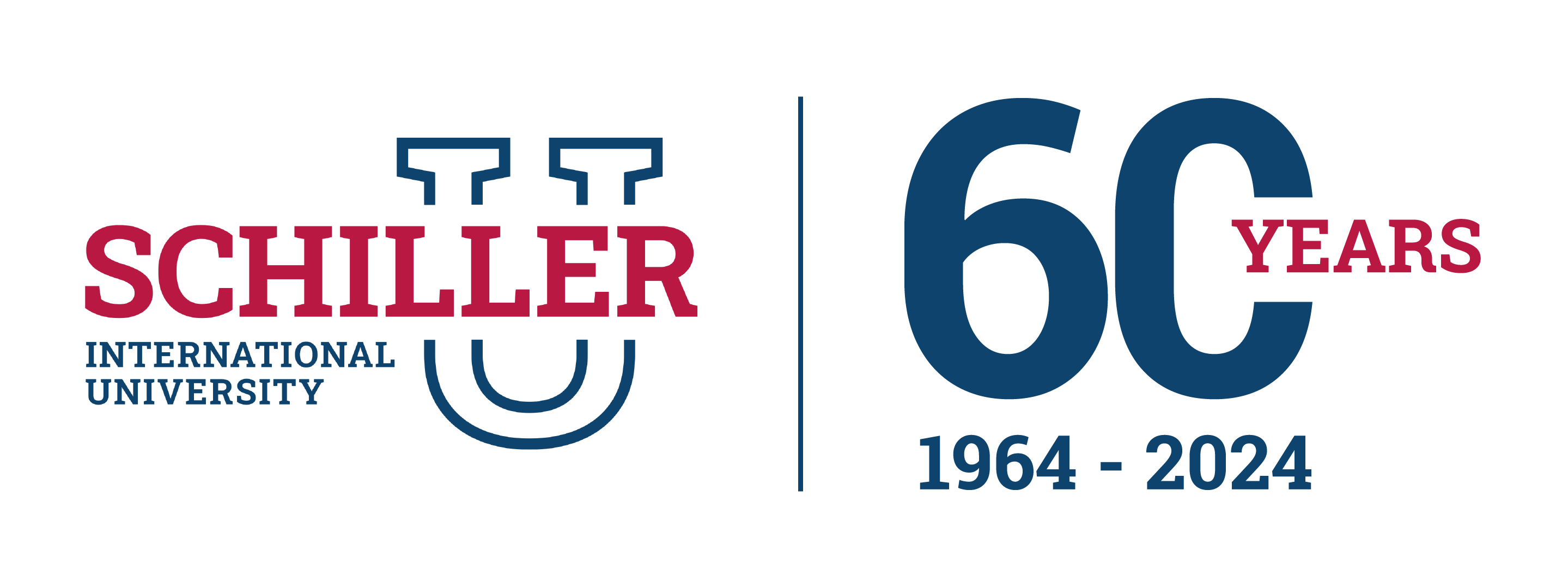
Bachelor and Master Degree Programs
Discover our catalogue of bachelor and master degrees in Schiller International University. Transfer freely between our international campuses and experience a global perspective few universities can offer.
Discover Our Most Popular Programs

On-Campus

12 months

Madrid, Paris, Tampa, Heidelberg

On-Campus

12 months

Paris, Heidelberg, Tampa, Madrid

On-Campus

15 months

Heidelberg, Paris, Madrid, Tampa

On-Campus

10 months

Madrid, Paris, Heidelberg

On-Campus

12 months

Madrid, Paris, Heidelberg

On-Campus

10 months

Madrid, Paris, Heidelberg

On-Campus

12 months

Madrid, Paris, Heidelberg

Online

12 Months

Online

Online

12 months

Online

On-Campus

12 months

Madrid

On-Campus

12 months

Madrid

On-Campus

15 months

Madrid

On-Campus

10 months

Madrid

On-Campus

12 months

Madrid

On-Campus

10 months

Madrid

On-Campus

12 months

Madrid

On-Campus

12 months

Paris

On-Campus

12 months

Paris

On-Campus

15 months

Paris

On-Campus

10 months

Paris

On-Campus

12 months

Paris

On-Campus

10 months

Paris

On-Campus

12 months

Paris

On-Campus

12 months

Tampa

On-Campus

12 months

Tampa

On-Campus

15 months

Tampa

On-Campus

12 months

Heidelberg

On-Campus

12 months

Heidelberg

On-Campus

15 months

Heidelberg

On-Campus

10 months

Heidelberg

On-Campus

12 months

Heidelberg

On-Campus

10 months

Heidelberg

On-Campus

12 months

Heidelberg

Online

12 Months

Online

Online

12 months

Online
Discover Our Campuses
Accreditations







 Apply Now
Apply Now

















